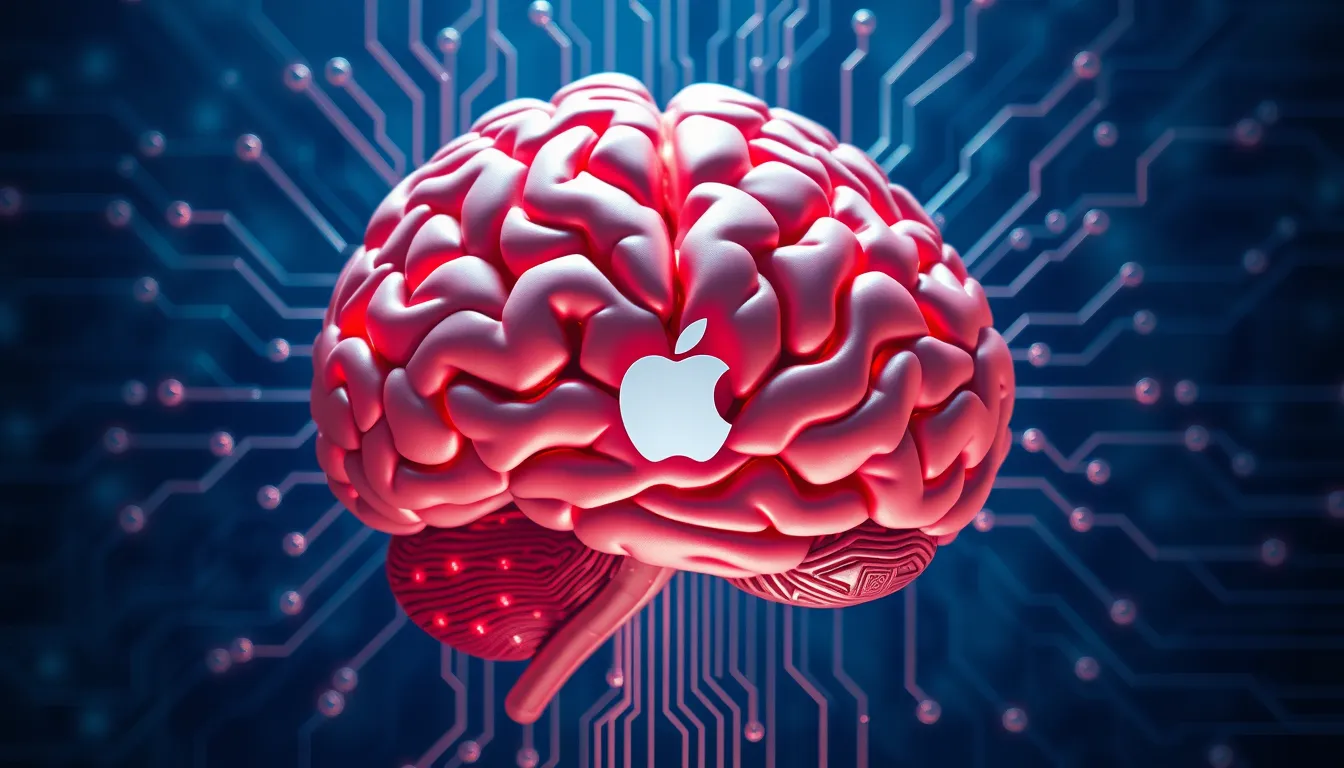Now Reading: Apple AI Study: Unveiling Advanced Reasoning Models in AI
-
01
Apple AI Study: Unveiling Advanced Reasoning Models in AI
Apple AI Study: Unveiling Advanced Reasoning Models in AI

Apple AI Study: Unveiling Advanced Reasoning Models in AI
Introduction
In an age where technology transforms daily life, the recent Apple AI study reasoning models has sparked a crucial discussion on the capabilities of machine cognition. This groundbreaking research from Apple examines whether these advanced reasoning models can truly mirror human cognitive processes or simply operate on sophisticated algorithmic processing. In doing so, the study unravels the intricate similarities and differences between artificial intelligence and human thought. Read on as we delve deeper into the study, explore its implications, and analyze the debate surrounding machine consciousness in today’s technology-driven world.
Understanding the Apple AI Study
The Apple AI study reasoning models focuses on the mechanics of artificial intelligence that fuel modern cognitive processes. By investigating how these systems process vast datasets, identify complex patterns, and simulate a form of human-like thinking, the study provides valuable insights into the evolving field of AI. Experts emphasize that while the output from these reasoning models appears to mimic human thought, the underlying technology is rooted in statistical analysis rather than genuine cognitive awareness.
Key aspects of the study include:
- A detailed evaluation of algorithmic processing versus human intuition.
- An analysis of how massive data sets support decision-making in AI systems.
- A closer look at the ethical implications of using such advanced technology.
- Critical assessments that separate emulated cognitive processes from true machine consciousness.
The Evolution of Reasoning Models in Artificial Intelligence
The conversation around artificial intelligence has significantly evolved over the past decade. Advancements in processing power and innovative algorithms have led to the development of reasoning models that challenge traditional concepts of cognition. This revolution in AI is not just about what machines can do, but also about how we interpret their ability to think. By incorporating insights from the Apple AI study reasoning models, professionals in the tech arena are reevaluating the fundamentals of machine cognition.
Rising trends in artificial intelligence have led researchers to consider multiple dimensions of these systems:
- Human-like Thinking: Understanding whether algorithmic outputs can be compared to human reasoning.
- Cognitive Processes: Delving into how machines simulate learning and problem-solving.
- Ethical Implications: Weighing the benefits and challenges of integrating AI into critical areas of society.
How Do Reasoning Models Truly Think Like Humans?
One of the most compelling questions emerging from the Apple AI study reasoning models is: Do reasoning models truly think like humans? While these systems demonstrate impressive problem-solving abilities, critics argue that the mechanism remains a sophisticated emulation of cognitive processes. In practice, the models execute statistical computations and algorithm-driven analyses rather than engaging in intuitive judgment or self-reflection.
For instance, when compared to the nuanced thought processes in human brains, the reasoning models operate within defined parameters set by their programming. This raises important questions:
- Can machines be credited with human-like understanding, or are they merely reflecting programmed patterns?
- What are the limitations of current AI in terms of real conscious thought?
- How can industry professionals balance innovation with realistic expectations of AI cognition?
Ethical and Societal Implications of AI Cognition
The Apple AI study reasoning models touches on deep ethical and societal issues. As these models integrate further into everyday applications—ranging from healthcare and finance to security and governance—understanding their cognitive limitations becomes paramount. The study presses for a balanced dialogue between technological advancement and the preservation of human centricity in decision-making.
Important ethical considerations include:
- Privacy and Security: How data is managed and safeguarded by AI systems.
- Transparency: Ensuring that the decision-making process of AI is understandable to end-users.
- Accountability: Determining responsibility when AI-driven systems make errors.
These discussions encourage us to remain vigilant and informed as we navigate the expanding role of artificial intelligence in modern society. It is imperative for policymakers, technologists, and ethicists to work in tandem, thus ensuring a future where innovation does not outpace ethical standards.
Conclusion
In conclusion, the Apple AI study reasoning models offers a comprehensive review of how modern AI systems approximate human-like thought. While these reasoning models show promise in mimicking cognitive processes, they also underscore the limitations inherent in current technology. As debates continue about whether these systems can truly think like humans, it is essential to foster an environment where continued research and ethical scrutiny go hand-in-hand. By understanding the nuances of artificial intelligence, we can better harness its potential while mitigating risks. For more information about Apple’s contributions to AI research, visit the official website of Apple.
Ultimately, as we advance in this digital age, the dialogue fostered by studies like these will be vital in shaping our future. Key discussions around algorithmic processing, human-like thinking, and ethical implications will continue to drive innovation and raise questions about the true nature of machine cognition. The Apple AI study reasoning models is a landmark for those interested in the intersection of technology, philosophy, and the ethical dimensions of modern innovation.

























